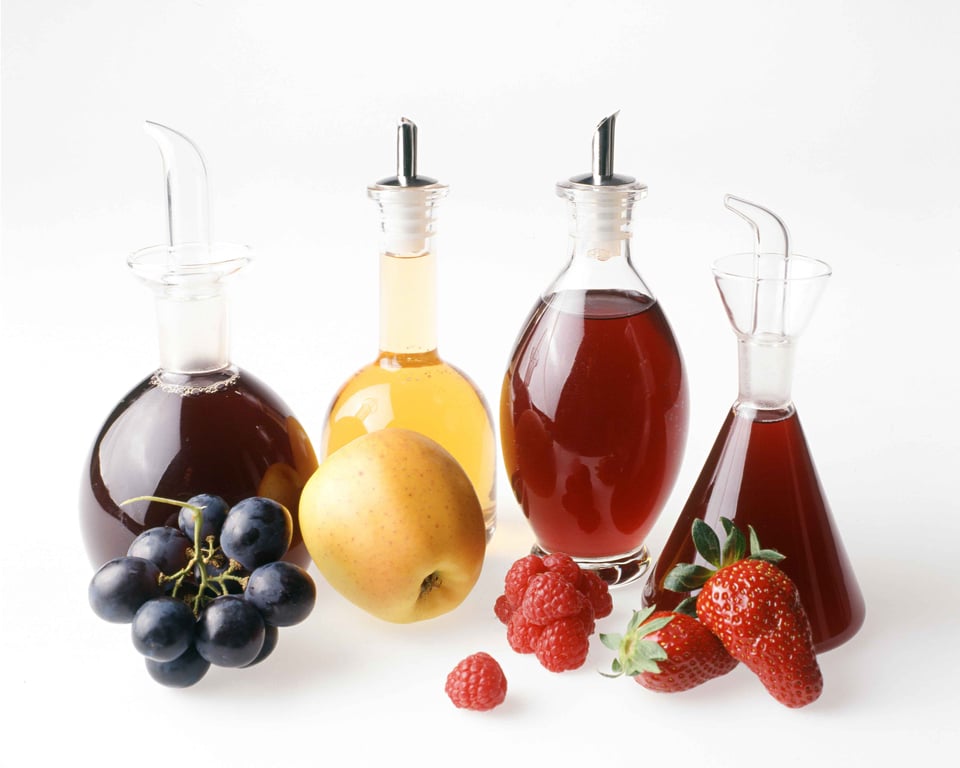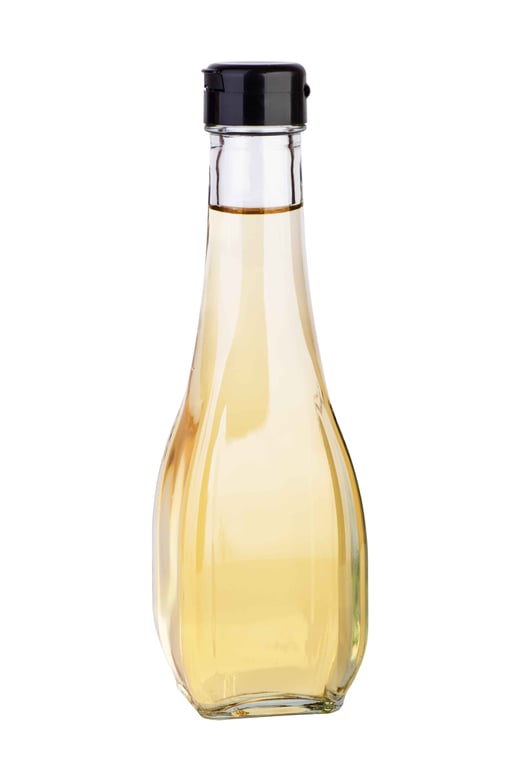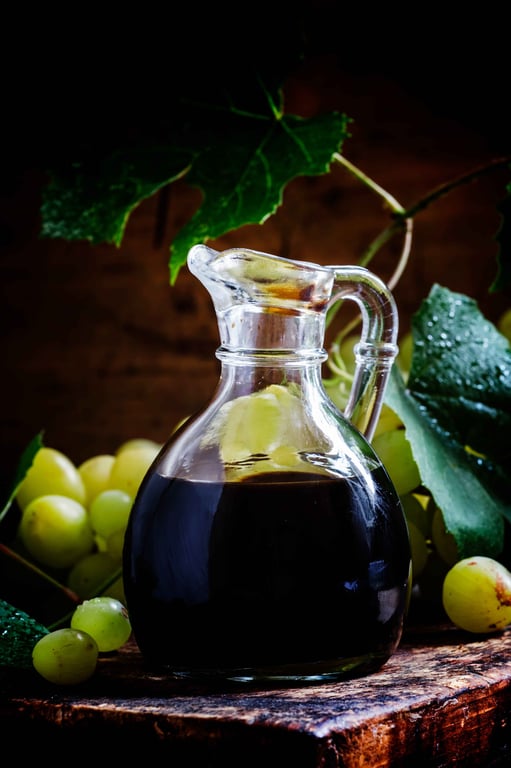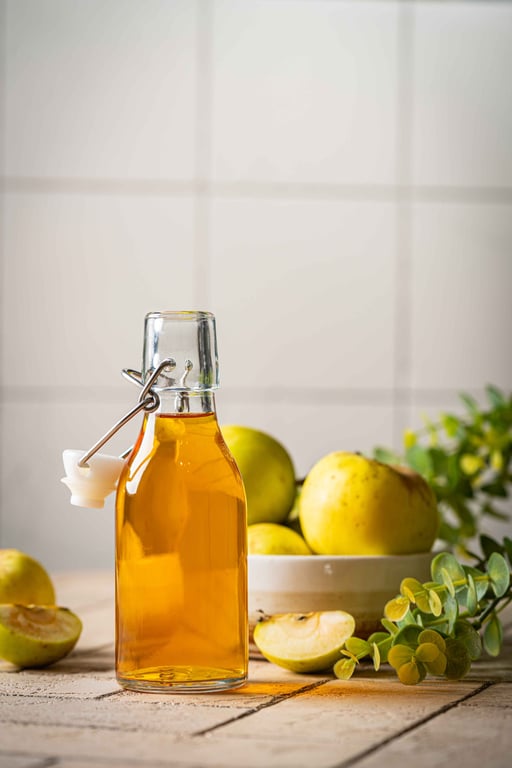Is Sherry Vinegar the Same as Red Wine Vinegar
When it comes to enhancing flavors in cooking, selecting the right type of vinegar can significantly impact your dishes. Two popular options frequently discussed are sherry vinegar and red wine vinegar. Despite some similarities, these vinegars are distinct in origin, flavor profiles, and culinary uses. In this guide, we will clarify whether sherry vinegar is the same as red wine vinegar, providing detailed examples, usage recommendations, and helpful substitution tips.
Understanding Sherry Vinegar
Sherry vinegar originates from sherry wine, traditionally produced in Spain's Andalusia region. Authentic sherry vinegar is made through the fermentation of sherry wine, followed by a lengthy aging process in oak barrels. This aging period contributes significantly to its rich, complex flavor profile.
Flavor Profile of Sherry Vinegar
Sherry vinegar boasts a nuanced, balanced taste, characterized by:
- A gentle acidity
- Sweet undertones
- Nutty and caramel notes
This distinctive flavor makes sherry vinegar ideal for refined dishes such as:
- Seafood marinades
- Salad dressings
- Gazpacho
- Gourmet sauces
Culinary Uses of Sherry Vinegar
A notable application is drizzling sherry vinegar over grilled vegetables or pairing it with high-quality olive oils, such as Big Paw Olive Oil’s premium selection, to create luxurious vinaigrettes and salad dressings.
Understanding Red Wine Vinegar
Red wine vinegar is derived from red wine fermentation, typically involving shorter aging processes compared to sherry vinegar. It is widely available and popular in various culinary traditions, including Mediterranean and European cuisines.
Flavor Profile of Red Wine Vinegar
Red wine vinegar typically has:
- Sharper acidity
- Fruitier, more robust notes
- Less complex taste compared to sherry vinegar
Its bold and tangy nature makes it perfect for:
- Strong-flavored meat marinades
- Tangy salad dressings
- Pickling vegetables
- Reduction sauces
Culinary Uses of Red Wine Vinegar
A classic use includes marinating beef or lamb. Additionally, combining red wine vinegar with extra virgin olive oils enhances robust salads, making the flavors particularly vibrant.
Are Sherry Vinegar and Red Wine Vinegar the Same?
The short answer is no; sherry vinegar and red wine vinegar are not the same. They differ significantly in origin, flavor nuances, and culinary applications:
- Origin: Sherry vinegar originates specifically from sherry wine in Spain, while red wine vinegar comes from various red wines.
- Flavor: Sherry vinegar has a more nuanced and sophisticated flavor, whereas red wine vinegar is sharper and bolder.
- Culinary Uses: Sherry vinegar suits dishes where delicate complexity is desirable, such as seafood and subtle vinaigrettes. Red wine vinegar is favored in heartier dishes where stronger acidity is beneficial.
Vinegar Substitutes: Can You Swap Sherry Vinegar and Red Wine Vinegar?
Although distinct, these vinegars can sometimes substitute for each other, depending on the recipe.
Substituting Red Wine Vinegar with Sherry Vinegar
If a recipe calls for red wine vinegar, sherry vinegar can be used as a substitute, keeping in mind:
- Sherry vinegar's sweeter, nuanced flavor may alter the taste slightly.
- Adjustments to sugar or seasoning may be needed to balance the sweetness.
Substituting Sherry Vinegar with Red Wine Vinegar
Using red wine vinegar instead of sherry vinegar requires consideration of:
- Increased sharpness and acidity
- Potential need to mellow the sharpness with sugar or honey
In both scenarios, carefully adjusting quantities and balancing additional ingredients ensures the dish maintains its intended taste profile.
Exploring Other Vinegar Substitutes
Apart from sherry and red wine vinegars, other vinegar substitutes frequently used in cooking include:
White Wine Vinegars
White wine vinegars offer milder acidity and a lighter, fruitier profile, excellent for light dishes and fish-based meals.
Balsamic Vinegar
Balsamic vinegar provides sweetness and depth but carries a very distinct flavor, making it suitable primarily for certain salads and reductions rather than direct swaps.
Apple Cider Vinegar
Apple cider vinegar has fruity acidity, great for pickling or casual dressings but less appropriate for gourmet dishes requiring subtlety.
Pairing Vinegar with Olive Oils
Olive oils and vinegars pair exceptionally well, creating balanced and flavorful dressings and marinades. For instance:
- Sherry vinegar pairs beautifully with mild or nutty olive oils, enhancing delicate seafood and salads.
- Red wine vinegar matches robust, peppery olive oils, complementing hearty salads and marinades.
For quality pairing, Big Paw Olive Oil's carefully curated categories offer diverse, high-quality options tailored for specific flavor combinations.
Facts & Examples
- Sherry vinegar must originate from sherry wine to be labeled authentic.
- Red wine vinegar can come from multiple grape varietals, influencing its acidity.
- A Spanish "Gazpacho" uses sherry vinegar for its authentic flavor, while Italian-style salad dressings typically use red wine vinegar.
While sherry vinegar and red wine vinegar share some similarities, their distinct origins, flavors, and uses highlight the importance of choosing the appropriate vinegar for your culinary endeavors. Understanding their differences allows you to better enhance your dishes, complementing flavors precisely with carefully selected vinegars and quality olive oils, such as those offered by Big Paw Olive Oil.
Whether you're creating a delicate seafood dish or preparing robust marinades, the nuanced use of the correct vinegar ensures a flavorful and enjoyable culinary experience.


 Fax : 1-973-799-0901
Fax : 1-973-799-0901 Call us now: +1 408-464-9048
Call us now: +1 408-464-9048




